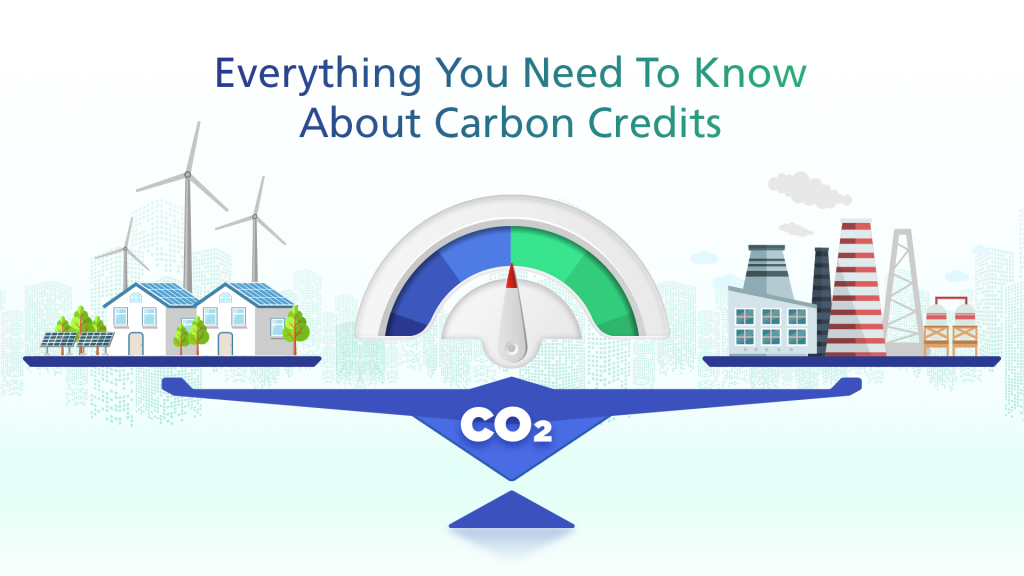Everything You Need To Know About Carbon Credits
The carbon market is seen as a key tool to reduce greenhouse gas emissions and is growing rapidly in terms of trading market share and participating institutions. Here are some interesting facts about Carbon credits and their impacts on businesses that VSSES would like to share with you.
Carbon credits, also known as carbon offsets, are permits that allow the owner to emit a certain amount of carbon dioxide or other greenhouse gases. One credit permits the emission of one ton of carbon dioxide or the equivalent in other greenhouse gases. The fact that various countries over the world, including Vietnam, make greenhouse gas reductions in line with previous climate commitments, particularly the goal of achieving net zero emissions by 2050 under the 26th United Nations Climate Change Conference of the Parties (COP26), has created a carbon market, where countries with excess emissions rights are sold to or purchased from countries with more or less emissions than the committed target.
How many types of carbon markets are there?
There are broadly two types of carbon markets: mandatory and voluntary.
- Mandatory carbon markets are established by governments as a means of achieving their carbon reduction targets. These markets operate on a mandatory basis, meaning that participating organizations are required by law to participate in the market and to meet certain carbon reduction targets. One example of a compliance carbon market is the European Union’s Emissions Trading System (EU ETS). Under the EU ETS, companies that emit large amounts of carbon dioxide (CO2) are required to purchase a certain number of carbon credits each year.
- Voluntary carbon markets are not established by governments and participation is voluntary. These markets allow companies, governments, and other organizations to offset their carbon emissions on a voluntary basis, either to meet their own sustainability goals or to demonstrate their commitment to reducing their carbon footprint.

Why are Carbon Credits important to businesses?
Companies that pollute are awarded credits that allow them to continue to pollute up to a specific limit, which is reduced periodically. Meanwhile, the company may sell any unneeded credits to another company that needs them. Private companies are thus doubly incentivized to reduce greenhouse gas emissions. Firstly, they must spend money on extra credits if their emissions exceed the limit. Secondly, they can make money by reducing emissions and selling their excess allowances.
For example, if a company generates 12 tons of emissions while the limit is 10 tons, they can redeem 2 credits from companies that generate emissions below the limit and have excess credit. This is verified by a third party and the credits awarded through these efforts can be traded on the carbon market.
Vietnam will run carbon trade exchange in 2028
Vietnam will officially run a carbon trade exchange in 2028, according to a draft project on the development of a carbon market in Vietnam conducted by the Ministry of Natural Resources and Environment. This market will strengthen the activities of connecting and exchanging carbon credits between Vietnam with regional and international markets.
According to the draft, Vietnam will pilot the operation of this carbon credit market in 2025. The project is built on the basis of the Government’s Decree 06/2022/ND-CP which details the reduction of greenhouse gas emissions, the protection of the ozone layer and the development of the carbon market. Accordingly, from now until the end of 2027, Vietnam will focus on developing regulations on carbon credit management and exchange of greenhouse gas emission quotas and carbon credits.
Contact VSSES now to enjoy clean energy with zero upfront investment
- Hotline: 0274.730.7999
- Email: contactus@vsses.com



